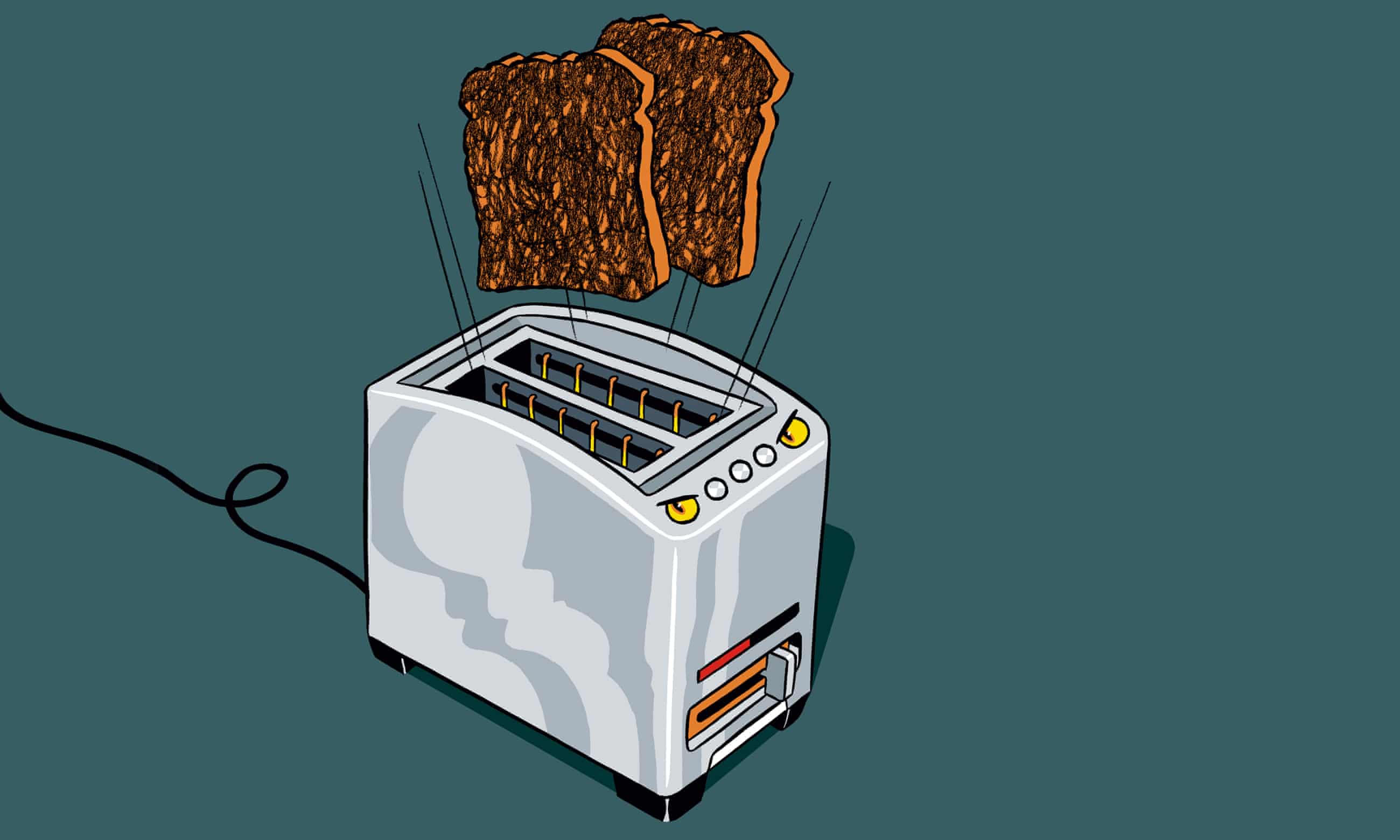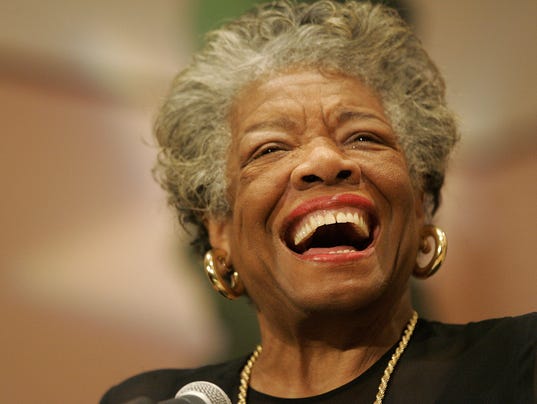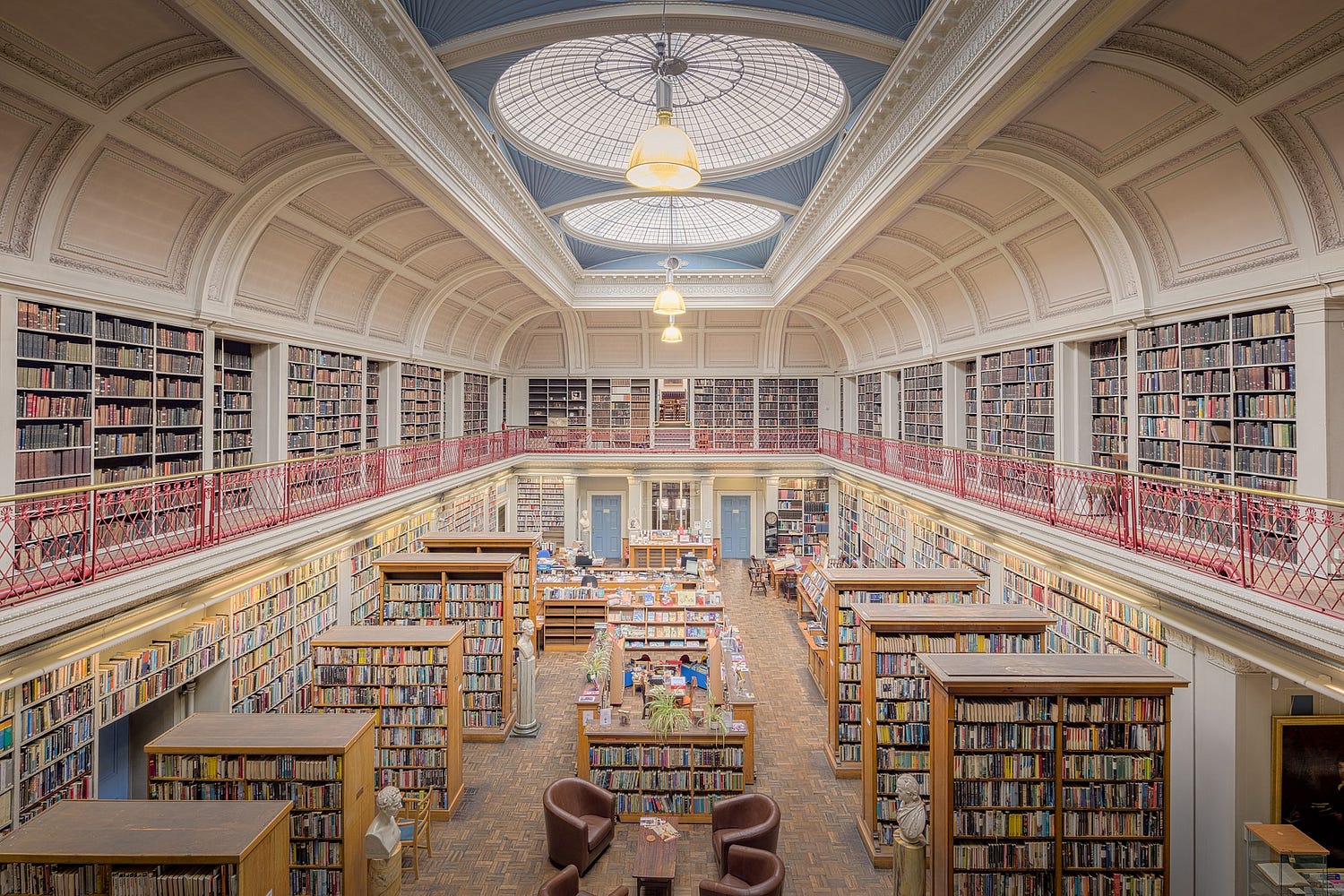Food | Cookbooks | Podcast
Who first started collecting recipes into cookbooks? Do cookbooks
have a future in a world full of online recipes? And can cookbooks tell
us anything about what people are actually eating, or are they simply
aspirational food porn? This episode, we explore the past, present, and
future of cookbooks, from cuneiform tablets to Hail Marys, with the help
of two of our favorite cookbooks authors—and Gastropod fans—Nigella Lawson and Yotam Ottolenghi.
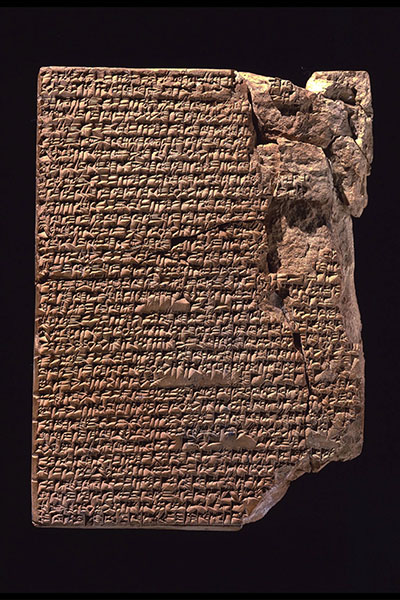 |
| The oldest known culinary recipes. YBC 4644 from the Old Babylonian Period, ca. 1750 BC, via Yale University Library. |
According to Henry Notaker, journalist and author of A History of Cookbooks: From Kitchen to Page Over Seven Centuries,
the first cookbook that archaeologists have discovered is 3,700 years
old. It consists of 35 recipes written on clay tablets, and its recipes
are thought to have been intended for gods rather than humans. Still, it
demonstrates that humans have been collecting cooking instructions for
millennia. A few things have remained the same for much of the
cookbook's history: they are still anthologies of imaginary meals, often
fueled more by aspiration and desire than the reality of what's for
dinner, and they still promise an almost alchemical transformation of
raw ingredients into status and well-being.
Others aspects of today's cookbooks are much more recent. Such
seemingly essential formatting elements as a separate ingredients list
only became standard relatively recently. Meanwhile, the content,
authorship, and user base of cookbooks have shifted dramatically in
response to technological innovation and social change. Notaker points
to the first German recipe to include bananas as a sign that the exotic
fruit was becoming available in Europe: published in 1913, it recommends
frying the fruit with marjoram, like a sausage. (The recipe was
literally titled "banana sausage.") Meanwhile, Megan Elias, author of
Food on the Page: Cookbooks and American Culture,
traces the introduction of refrigeration and mass transportation
through the strawberry's rise to glory in early twentieth-century
recipes. Finally, in a world where more recipes are published online
everyday than anyone could hope to cook in a week, we ask: what is the
role of the cookbook today—and what might it become in the future?
Listen in this episode for more of the surprising story of cookbooks,
including men in drag and Norwegian drinking songs, as well as cookbook
authors Nigella Lawson and Yotam Ottolenghi's tales of writing their
very first cookbooks.
Episode Notes
Yotam Ottolenghi is an Israeli-British chef and restaurateur, and the author of many of our favorite cookbooks, including, most recently,
Sweet: Desserts from London's Ottolenghi.
Nigella Lawson is a British food writer and T.V. personality, and the author of our other favorite cookbooks, including, most recently,
At My Table: A Celebration of Home Cooking.
Henry Notaker is a Norwegian journalist and author of
A History of Cookbooks: From Kitchen to Page Over Seven Centuries.
The First Recipe Book
Tablets YBC 4644, YBC 8958, and YBC 4648
together contain 35 recipes from ancient Mesopotamia. According to
Henry Notaker, they form the earliest "cookbook" yet discovered, though
they consist primarily of lists of ingredients and are thought to be
instructions for dishes to be served in religious ceremonies, rather
than for dinner. In 1995, French historian Jean Bottéro published
translations of the recipes in a book titled
Textes Culinaires Mésopotamiens; journalist Laura Kelley published her interpretations online
here, if you'd like to have a go at preparing them yourself.
Link to podcast:
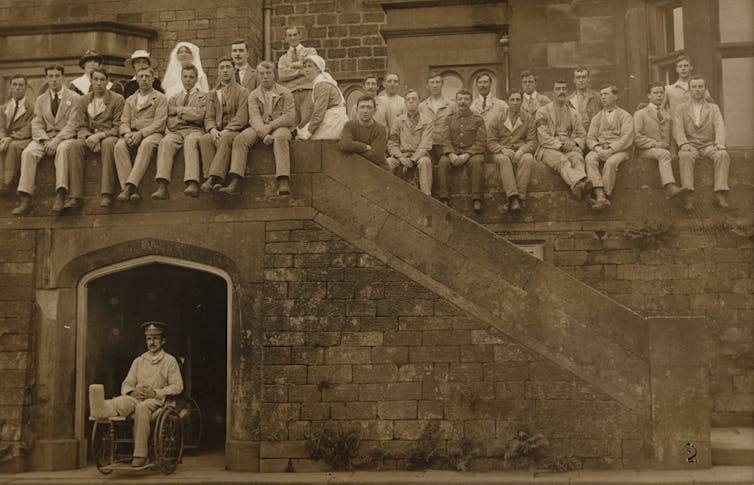
/https://public-media.smithsonianmag.com/filer/7b/4a/7b4aa1f6-6390-42d9-9c8d-4bff2c3f2309/image_1porter.jpg)




/https://public-media.smithsonianmag.com/filer/10/f2/10f2bff0-f6d0-4977-b665-e4a7ef37cee0/2018_july-august_libraries_rising_from_the_ashes_1200px_02.jpg)
/https%3A%2F%2Fblueprint-api-production.s3.amazonaws.com%2Fuploads%2Fcard%2Fimage%2F815275%2Ff05931fa-8c4b-4887-bf2d-259cb2549040.jpg)



.jpg)




